Bildtext får vara max två rader text. Hela texten ska högerjusteras om den bara ska innehålla fotobyline! Photo: B. Christensen/Azote
Standfirst
Enhancing food system resilience, with exampes from the UK and Australia
Seminar with John Ingram, University of Oxford, 12 December, 14.00-15.00
Text
One of the great human achievements over the last half century is that advances in food production have largely kept pace with demand on a global basis. Today, around 6 billion people are not hungry, up from about 2 billion 50 years ago. But we should not be complacent. Despite these successes, nearly 1 billion people are still hungry, and at least two billion more lack sufficient nutrients. Paradoxically, there are also already more than 2.5 billion people overweight or obese; different, overlapping forms of malnutrition are the ‘new normal’.
We also know that current food system activities will continue to significantly impact natural resources, and that environmental and socioeconomic shocks and stresses are increasing. These include climate change, extreme weather and natural resource depletion, concurrent with substantial changes in socio-economic-cultural conditions and dietary patterns. Some of these changes are gradual (e.g. global mean temperature increase, demographics, dietary change, cultural evolution, sea-level rise), and can be thought of as increasing stresses. Others can be sudden (e.g., extreme weather events, financial market crashes, disease outbreaks, political volatility, trade wars, conflict), and are thought of as shocks.
How then can the resilience of our food systems be enhanced in the face of these stresses and shocks to (i) ensure sufficient, nutritious food for a growing, increasingly wealthy population while (ii) mitigating poor health and environmental outcomes, and (iii) also enhancing vibrant enterprise and livelihoods?
Based on a brief introduction to food system challenges, the 40-minute presentation will consider plausible future food demand and the consequences for health, society and environment. Drawing on examples from UK and Australia, it will then consider the nature of shocks and stresses, concluding with varied notions of how to enhance food system resilience.
About John Ingram
John Ingram’s interests are in the conceptual framing of food systems; the interactions among the many actors involved and their varied activities, and the outcomes of their activities for food security, livelihoods and environment; and food system resilience.
Ingram has designed and led regional food system research projects in Europe, south Asia, southern Africa and the Caribbean and has conceived, developed and led a range of major international research initiatives. He has had substantial interaction with FAO, UNEP and CGIAR and many other international organisations, with national departments and agencies, with NGOs, and with businesses in the food sector. In these interactions he has helped to establish research on the links between food security and environment through the analysis of food systems. In addition to leading the food system research group within ECI, he also leads the multi-university post-graduate food systems training programme (IFSTAL) and coordinates the £14.5m UK Global Food Security programme ‘Resilience of the UK Food System’. He is an Associate Professor and Senior Research Fellow at Somerville College Oxford.





